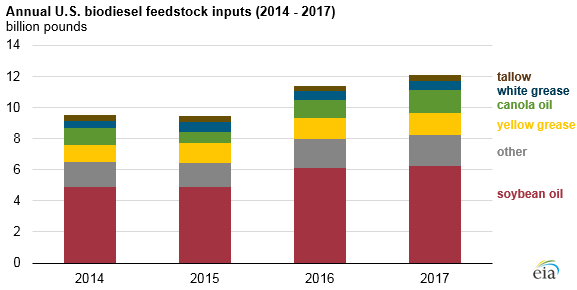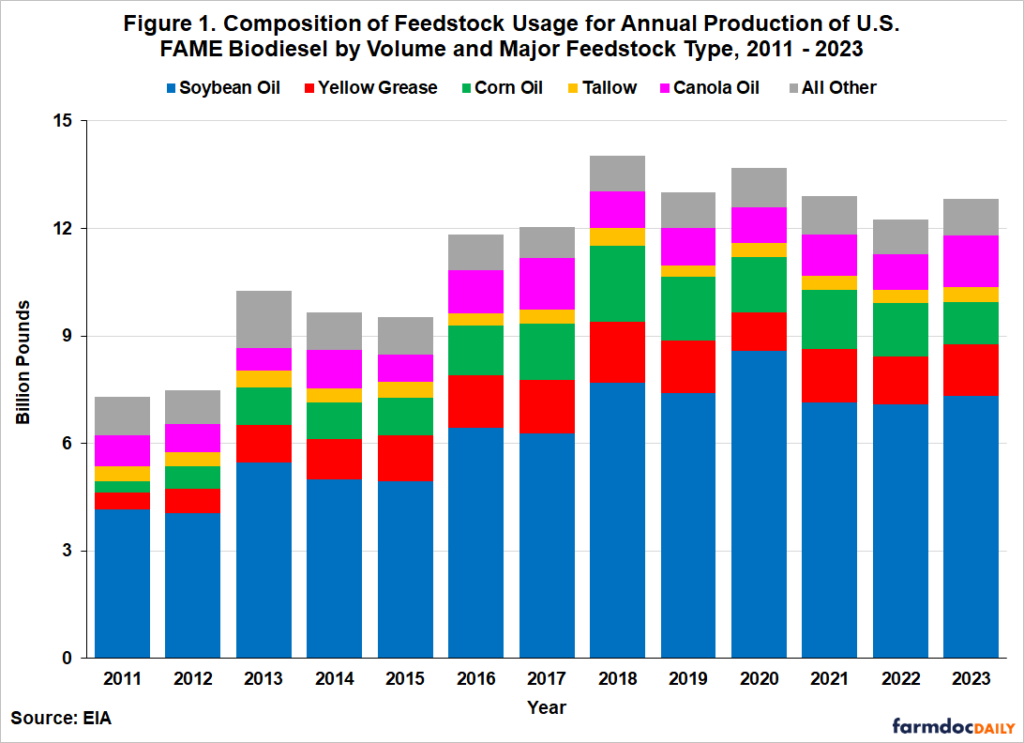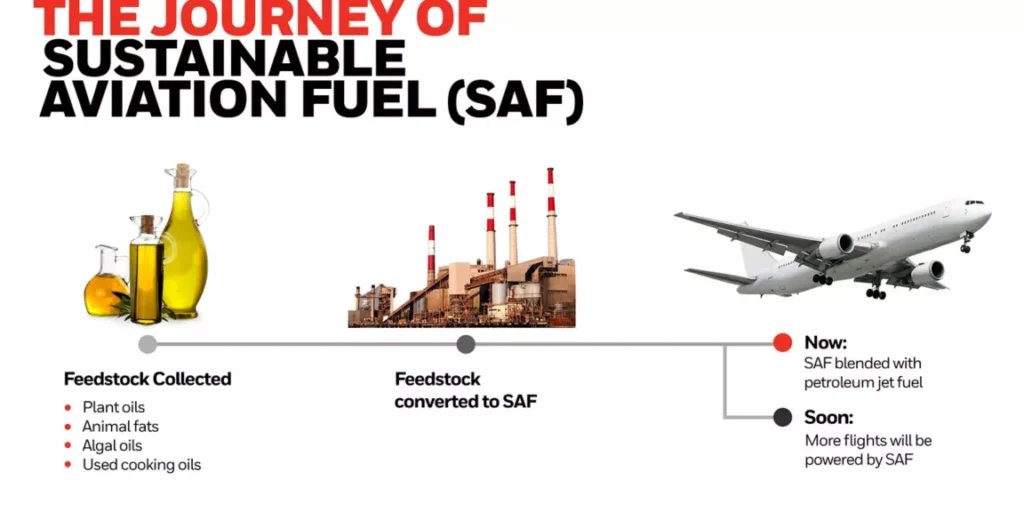Biodiesels produced from certain feedstocks have distinct properties from petroleum diesel
Biodiesel; refers to a vegetable oil- or animal fat-based diesel fuel consisting of long-chain alkyl (methyl, ethyl, or propyl) esters. Biodiesel is typically made by chemically reacting lipids (e.g., vegetable oil, soybean oil, animal fat with an alcohol producing fatty acid esters. Biodiesel is meant to be used in standard diesel engines and is thus distinct from the vegetable and waste oils used to fuel converted diesel engines. Biodiesel can be used alone, or blended with petrodiesel in any proportions. Biodiesel blends can also be used as heating oil.
Biodiesel is a renewable, clean-burning diesel replacement that is reducing U.S. dependence on foreign petroleum, creating jobs and improving the environment. Made from a diverse mix of feedstocks including recycled cooking oil, soybean oil, and animal fats, it is the first and only EPA-designated Advanced Biofuel in commercial-scale production across the country and the first to reach 1 billion gallons of annual production. Meeting strict technical fuel quality and engine performance specifications, it can be used in existing diesel engines without modification and is covered by all major engine manufacturers’ warranties, most often in blends of up to 5 percent or 20 percent biodiesel. It is produced at plants in nearly every state in the country.





